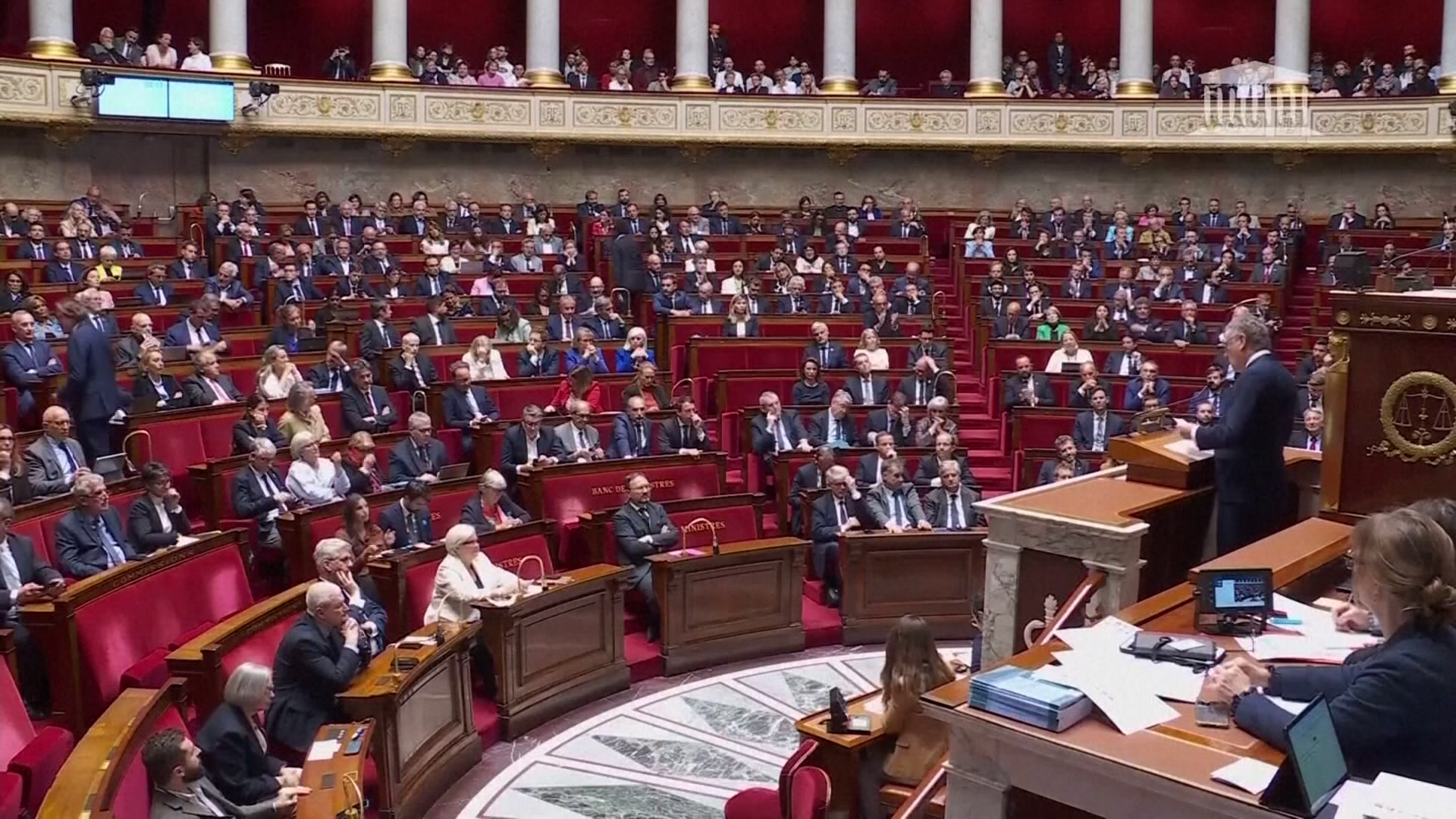Large emission search – The Government’s Climate Fiasco continues

Greenhouse gas emissions from the Swedish economy increased by 5.8 percent last year, told Statistics Sweden on Tuesday. It is a very sharp increase.
Emissions have not risen since 2021 and then they increased by « only » 2.1 percent. Then it was due to a Corona effect when emissions partially bounced back after the large decrease in 2020 when the flights were canceled.
But this time there is no pandemic to blame. However, there is a government.
The time regulation lowered The proportion of biofuels in the diesel from 30.5 percent to only 6 percent on January 1st last year. Statistics Sweden points out just increased use of fossil diesel for transport as a major cause of the rising emissions – and specifically addresses the reduction obligation.
This is nothing to be surprised, there have been warning signs along the way. Both the Swedish Transport Administration and the Swedish Environmental Protection Agency wrote in their referral response that the reduction of the reduction obligation would make it more difficult to reach the climate goals. The emission increase has taken place with the courage, to use the Minister of Energy Ebba Busch’s words.
After the large reduction in 2024, the government has admittedly announced that they will increase the reduction obligation a bit – to 10 percent. But it is not about the climate: the previous reduction contributed to Sweden unable to seek money from the EU Coronfond.
And several tongue Referral bodies doubt that the government’s increase will suffice. « More biofuels will be needed if the climate goals until 2030 can be reached, » says Tobias Gustavsson binds at the research institute IVL Swedish Environmental Institute, to Sweden’s Radio. In addition, the government lowered at the same time Fuel taxes.
This climate fiasco may not continue
A common argument against the reduction obligation is that the biofuels will not suffice. So if Sweden uses more biofuels then any other country will use less – it would thus be a zero sum game.
But that is a doubtful argument. Just look at the biofuels most commonly used to achieve the requirements of the reduction obligation: HVO (which in practice consists mostly of animal fats from slaughterhouses and the like). There is estimated to be a global oversupply of it until 2027, the Swedish Environmental Institute noted in one Report last year.
In addition, increased Swedish demand, which makes it more profitable to take advantage of residues from slaughterhouses and other waste to make biofuel, should be seen as something positive.
This climate failure must not continue. Increase the reduction obligation and lower emissions.
Read more:
Elias Rosell: The one who vacuums when the sun shines should be rewarded
Amanda Sokolnicki: Nationalists threaten Europe – but in Sweden they are going to the government








